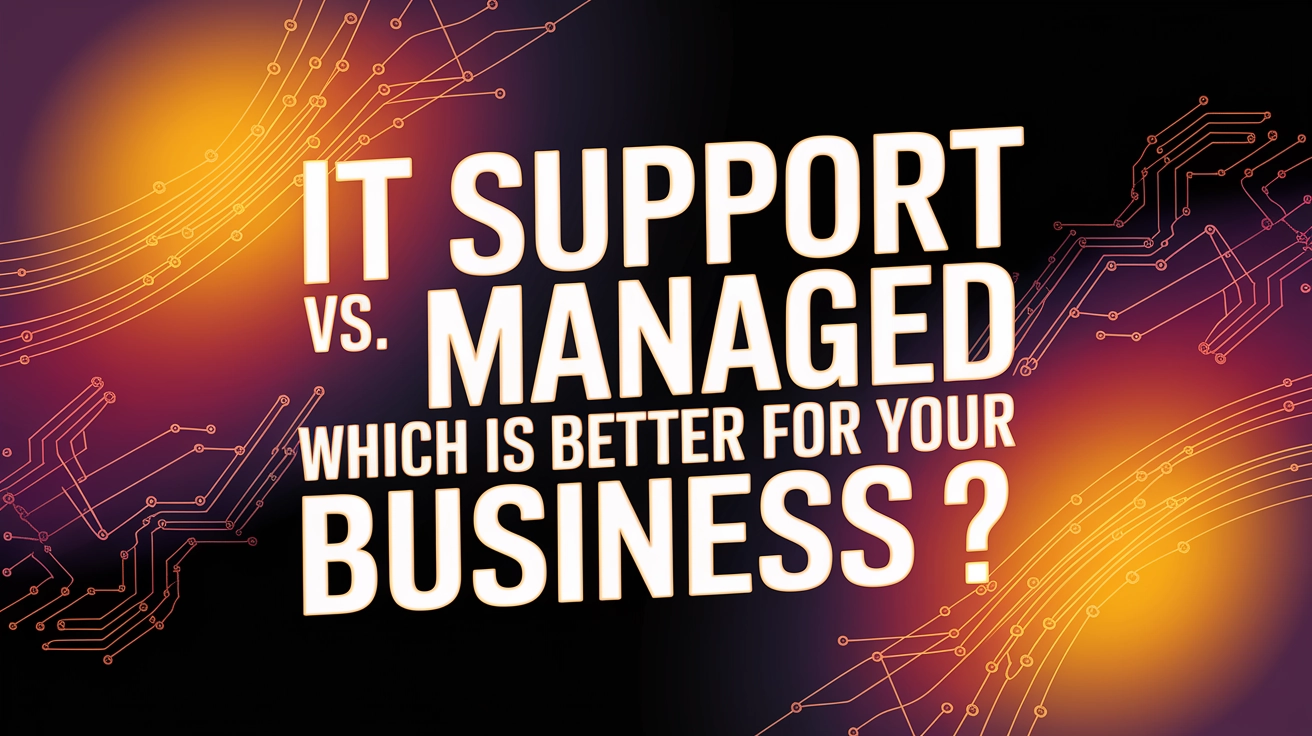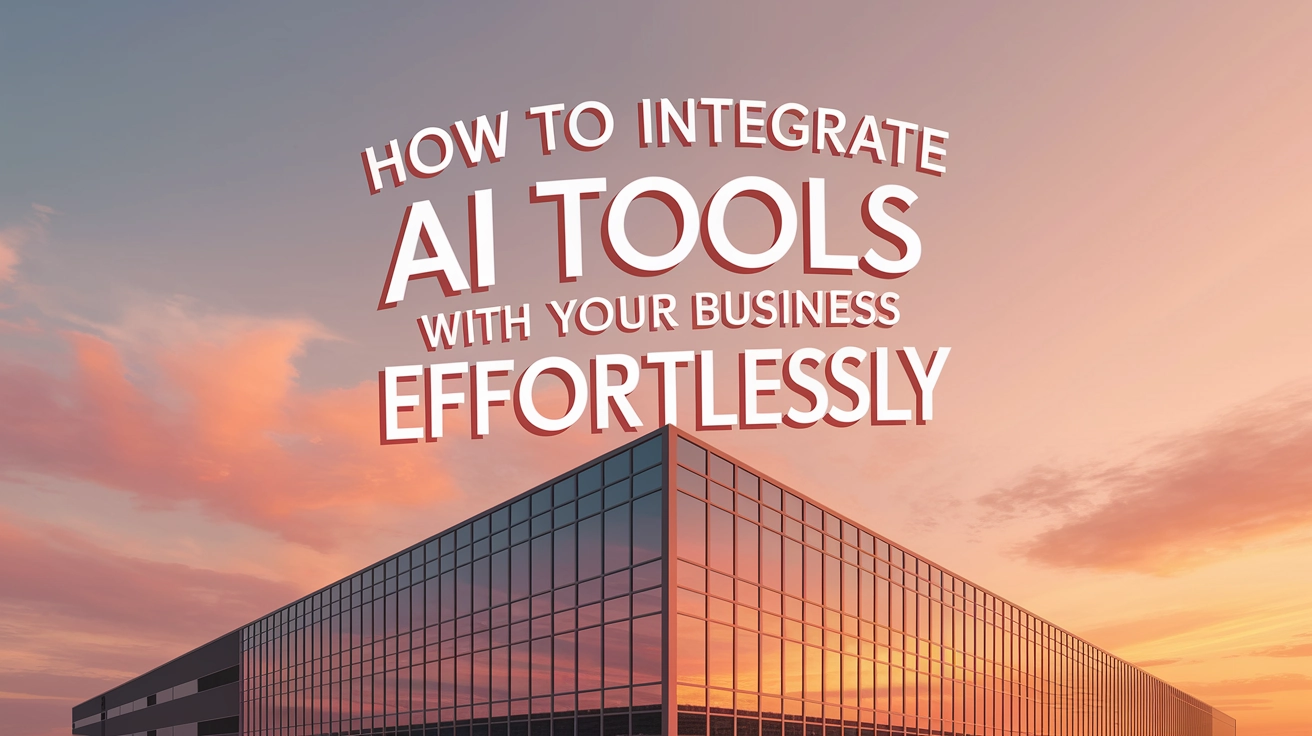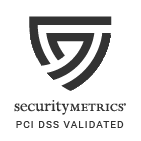Selecting the appropriate technology for your business is essential for successful investment. Although consumer-grade laptops and desktops might appear to be a budget-friendly option at first glance, they frequently do not meet the requirements of a professional business setting. Consumer machines lack the durability, performance, security, and support necessary to withstand the demands of business use. Business owners should consider avoiding consumer machines and instead choosing devices that are specifically designed for commercial use.
Our brand pick is the Dell Latitude.
1. Overheating Issues with Consumer Machines
Laptops and desktops intended for consumer use are generally not built to handle the prolonged usage and demanding workloads often encountered in a professional environment. Many consumer machines are equipped with fundamental cooling systems that adequately support casual usage; however, they frequently encounter challenges in maintaining optimal performance during periods of heavy load. This results in overheating, which may lead to:
- Performance throttling: As the device heats up, it automatically reduces its clock speed to cool down, leading to slower performance.
- Reduced lifespan: Overheating damages internal components over time, increasing the risk of hardware failure and decreasing the device’s overall lifespan.
- Frequent crashes and data loss: Excessive heat can lead to system instability, causing frequent crashes that disrupt work and potentially result in data loss.
In contrast, business-grade machines are equipped with more advanced cooling systems that allow them to handle prolonged periods of high-intensity tasks without overheating. This makes them more reliable for continuous, demanding workloads.
2. Inferior Build Quality
Consumer devices are typically designed for moderate use and are frequently made with less durable materials to maintain affordability. Although this may meet personal needs, the requirements of a business setting necessitate a more robust solution. Business machines are generally built using superior materials that provide:
- Greater durability: Business-grade devices are designed to withstand wear and tear, with rugged casings and reinforced hinges that last longer.
- Enhanced keyboard and display quality: Business laptops often feature spill-resistant keyboards, higher-resolution displays, and better color accuracy, which are essential for professionals working with data entry, design, or multimedia.
- Longer warranties and support options: Business devices generally come with longer warranties and specialized support services, ensuring quick repairs or replacements if issues arise.
For example, the Dell Latitude and HP EliteBook series are engineered with durable frames, spill-resistant keyboards, and other features designed to withstand the challenges of daily business use.
3. Performance Limitations: Clock Speeds and Processing Power
Business applications, including data analysis, graphic design, video editing, and multitasking on standard productivity software, necessitate substantial processing power. Consumer machines typically feature entry-level processors that adequately support web browsing, video streaming, and light productivity tasks; however, they may not possess the capability to manage more demanding applications.
Notable performance distinctions encompass:
- Clock speeds and multi-core processing: Business-grade machines typically feature processors with higher clock speeds and more cores, enabling them to handle complex computations and multitask with ease.
- Graphics processing: Consumer devices usually have integrated graphics, which are not ideal for tasks like video rendering or 3D modeling. Business machines often include dedicated graphics cards that can handle intensive graphical workloads.
- Memory and storage configurations: Business laptops generally offer better upgrade options, such as additional RAM slots and faster storage (e.g., NVMe SSDs), which are necessary for large-scale business operations.
For example, business models like the Lenovo ThinkPad are equipped with Intel Core i7 or AMD Ryzen Pro processors, offering robust performance tailored for professional use.
4. Limited Security Features
Ensuring security is paramount for organizations, particularly in light of the rising threats posed by cyberattacks and data breaches. Devices intended for consumer use frequently do not possess the sophisticated security features required to safeguard sensitive business information. Typical security vulnerabilities found in consumer machines encompass:
- Lack of hardware-based encryption: Business machines often feature built-in security modules such as TPM (Trusted Platform Module) chips that provide hardware-level encryption, ensuring that sensitive data remains protected.
- Fewer biometric authentication options: Business laptops commonly include fingerprint readers or even facial recognition for secure, multi-factor authentication, which is rarely found on consumer devices.
- Limited remote management: Consumer devices usually lack the management capabilities needed for IT teams to monitor, update, and troubleshoot machines remotely, which is essential for maintaining security in a business environment.
Opting for a business-grade device ensures access to these security features, making it easier to protect valuable business information from cyber threats.
5. Shorter Lifespan and Higher Total Cost of Ownership
Although consumer-grade devices may present a lower initial cost, they frequently result in greater expenses over time because of their reduced lifespan and increased probability of requiring repairs. Here are the reasons business machines provide a superior return on investment:
- Longer product lifecycle: Business devices are built with high-quality components designed to last longer. This reduces the frequency of replacements, which lowers the total cost of ownership over the long term.
- Better support and extended warranties: Business devices often come with enhanced support options, such as next-business-day on-site repairs or extended warranties, which minimize downtime and reduce repair costs.
- Future-proofing and scalability: Business-grade devices are generally more upgradable, meaning you can extend their useful life by adding more RAM or storage as needed.
For example, Dell’s ProSupport services for business devices offer faster response times and access to dedicated support teams, which is crucial for minimizing disruption to your operations.
6. Lack of Professional IT Support and Customization
Organizations necessitate IT support and configuration alternatives that consumer-grade devices do not provide. Consumer devices lack a focus on IT management, which complicates the enforcement of policies, monitoring of device health, and provision of remote support for businesses. Conversely, business machines are:
- Easier to manage and configure: Business devices support enterprise management tools that allow IT teams to deploy software updates, configure security policies, and monitor performance remotely.
- Customizable to meet business needs: Business-grade devices often allow for customization at the point of purchase, so you can select the specifications that meet your specific requirements.
Additionally, MSP services like ours are optimized to support business-grade devices, ensuring your technology is properly configured, secured, and maintained to meet professional standards.
Conclusion: Invest in business-grade machines for better performance and reliability.
Utilizing consumer-grade machines in a business setting may appear to be a cost-saving strategy at first; however, the constraints in performance, security, and durability can swiftly result in elevated expenses and greater downtime. Machines intended for business use are meticulously crafted to endure the demands of a professional environment, providing superior performance, security, and support essential for efficient operations.
Investing in high-quality devices guarantees that your team is equipped with the necessary tools to operate efficiently, securely, and dependably. If you are uncertain about which devices are most appropriate for your business or require assistance in managing your IT infrastructure, our managed service provider offerings can guide you in making informed decisions, configuring your systems, and ensuring optimal performance. Ensure the quality of your technology remains uncompromised—opt for business-grade machines that provide enduring value and assurance.








